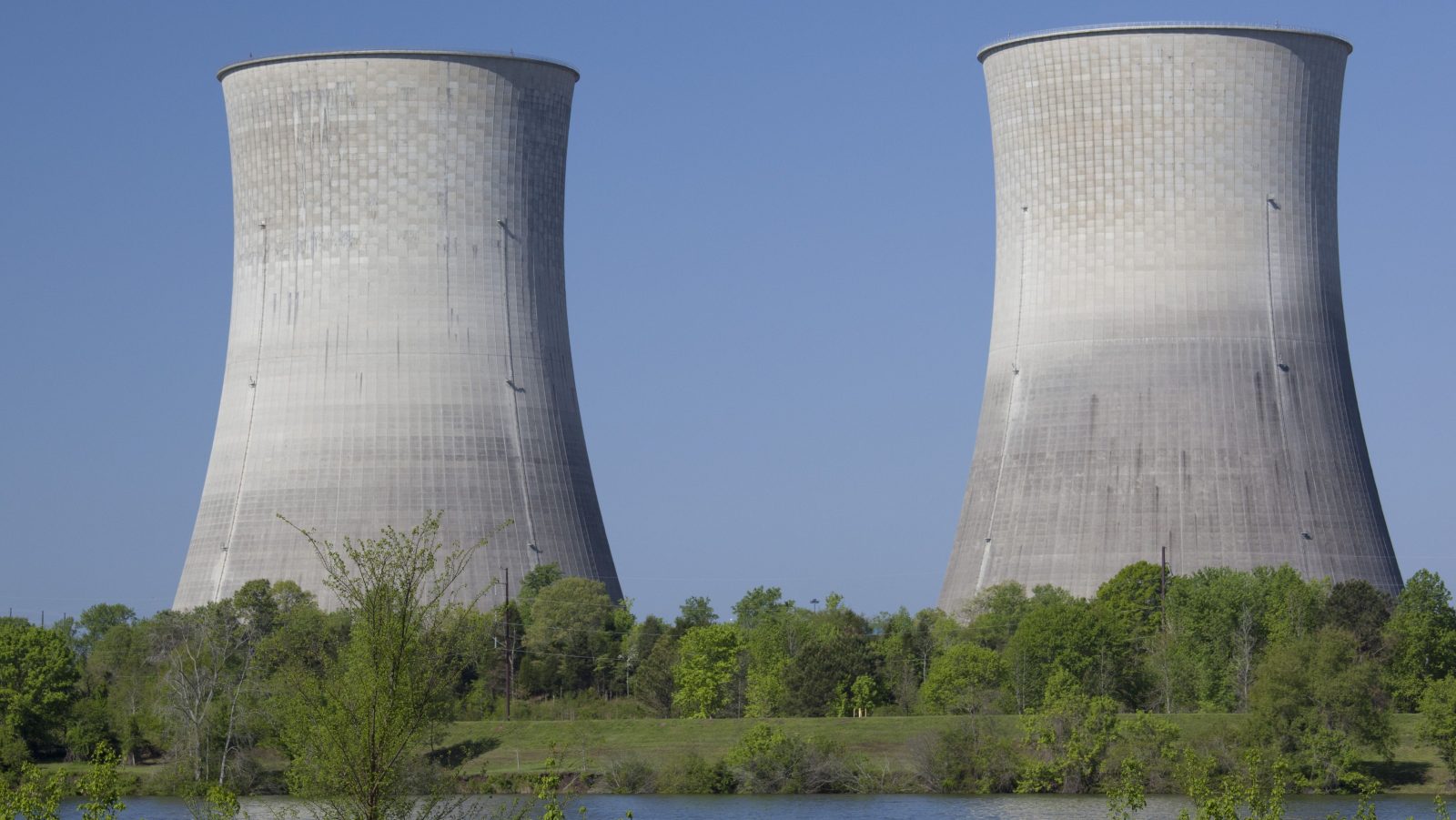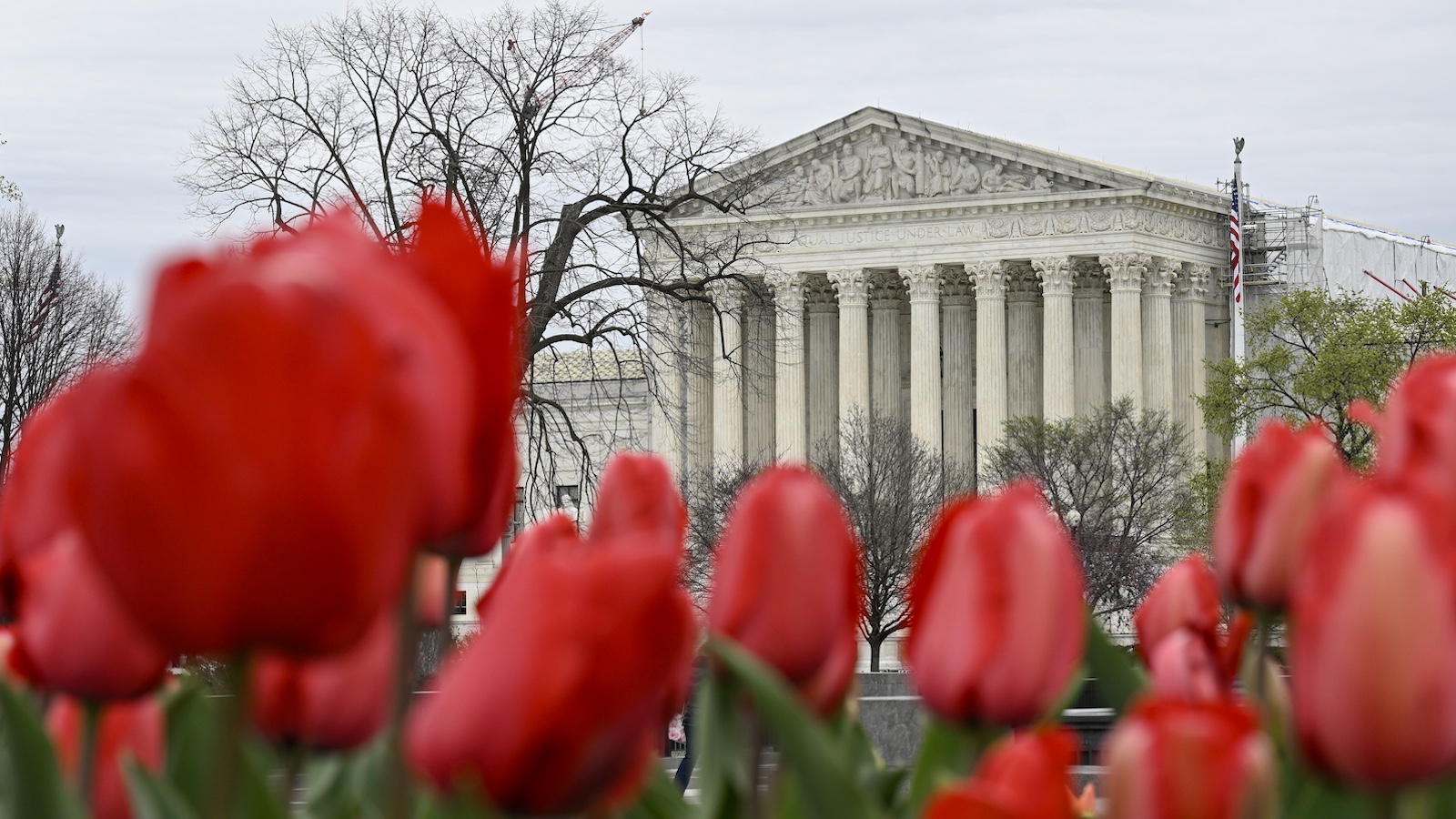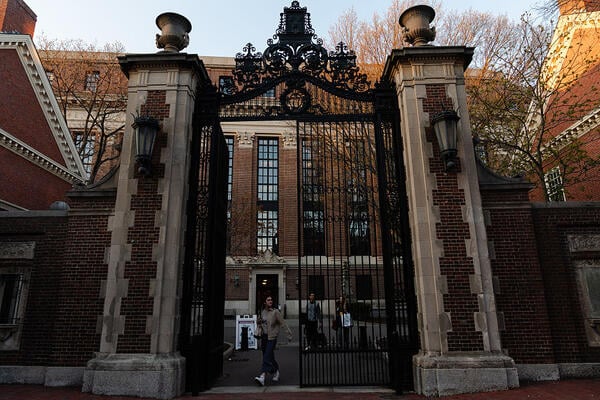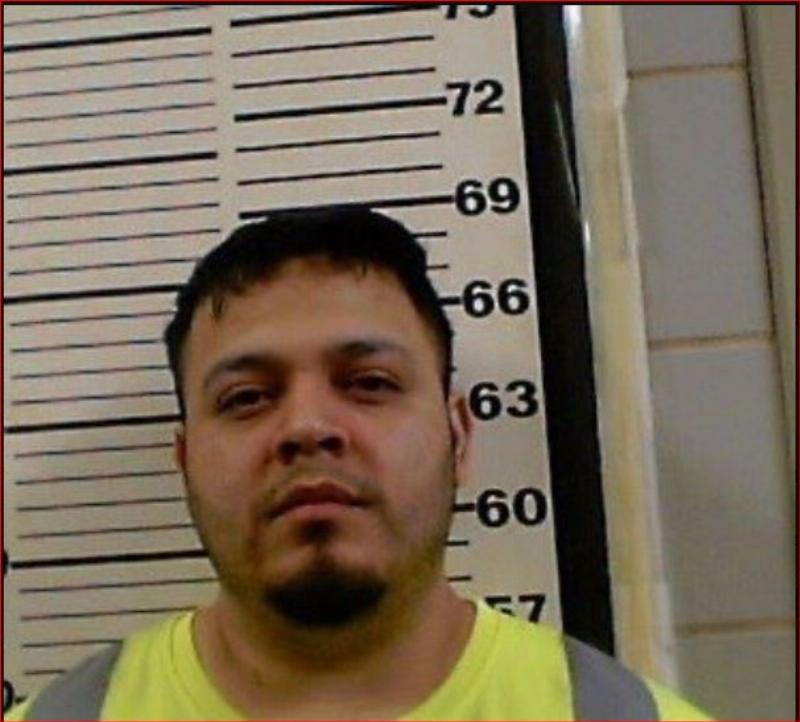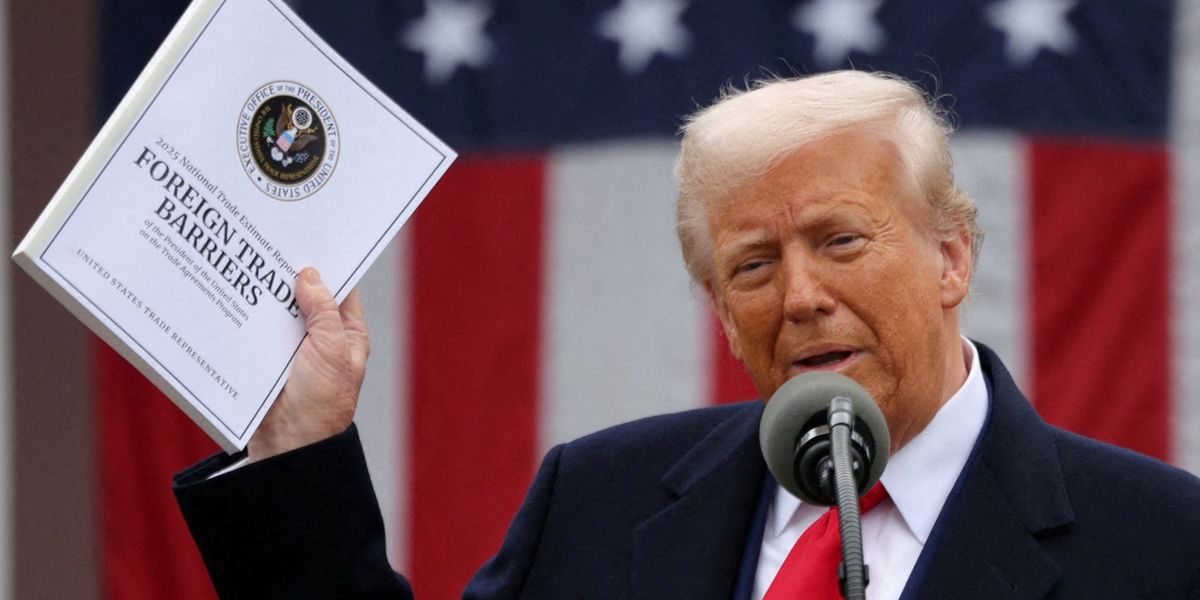Former President Moon Jae-in Indicted on Bribery Charges in South Korea

SEOUL, South Korea In a significant development within the political landscape of South Korea, former liberal President Moon Jae-in has been indicted on bribery charges by prosecutors. This announcement came on Thursday and alleges that during Moons presidency, which spanned from 2017 to 2022, a budget airline provided his son-in-law with a highly lucrative no-show job. The implications of this indictment continue the troubling trend for South Korean leaders who often find themselves embroiled in legal troubles at the end of their terms or shortly after leaving office.
According to the prosecution, Moon is accused of receiving bribes amounting to 217 million won, or approximately $151,705, from Lee Sang-jik, the founder of the low-cost carrier Thai Eastar Jet. These bribes allegedly came in various forms, including wages, housing expenses, and other forms of financial assistance directed to Moons then-son-in-law, specifically between the years 2018 and 2020.
Recent reports from South Korean media indicate that Moons daughter and her husband underwent a divorce in 2021, a detail that adds a layer of complexity to the unfolding situation. The Jeonju District Prosecutors Office issued a statement confirming that Lee has also been indicted for paying bribes to Moon and for committing breaches of trust. Notably, it has been reported that Moons former son-in-law was hired as a director-level employee at Lees company in Thailand despite lacking any relevant work experience in the airline sector. Prosecutors highlighted that he spent only brief periods in the companys office and primarily worked remotely from South Korea, performing only minor tasks.
While the prosecution has stated they found no direct evidence connecting Moon to any political favors for Lee, the circumstances suggest a complicated relationship. Lee had previously supported Moons presidential campaign, and there are indications that he may have anticipated some form of political reciprocity in return for his financial support. Additionally, Lee was appointed as the head of the state-funded Korea SME and Startups Agency and was nominated by Moons party to run for parliamentary office during Moon's term.
In a related development, a former aide to Moon who was responsible for personnel affairs has also been indicted for her role in Lees agency appointment. However, prosecutors noted that she refused to testify during their inquiries, which left them without direct evidence linking Moon to that decision.
The timing of Moons indictment is particularly critical as South Korea prepares for a new presidential election scheduled for June 3, which will see a successor to the beleaguered conservative President Yoon Suk Yeol. Yoon himself has faced significant backlash and is currently embroiled in a criminal trial over rebellion charges stemming from his controversial imposition of martial law in December.
Observers are speculating about the potential impact of Moons indictment on the electoral prospects of liberal candidates looking to reclaim the presidency. Lee Jae-myung, a prominent liberal presidential aspirant, is seen as a strong contender despite facing his own legal challenges, including various allegations of corruption. In the immediate aftermath of the indictment, Moon has not publicly commented, but his political allies within the Democratic Party have expressed their outrage, labeling the indictment as a politically charged maneuver orchestrated by supporters of Yoon in the prosecution service.
Democratic Party lawmaker Youn Kun-young, who previously served in Moons presidential office, openly accused the prosecution of attempting to shift public attention away from Yoons controversial presidency by putting Moon on trial ahead of the upcoming election. A committee from the Democratic Party has also signaled its intent to hold the prosecution service accountable for the indictment.
This incident aligns with a worrying trend in South Korean politics, where many former presidents find themselves facing scandal or legal proceedings shortly after their terms conclude. For instance, in 2017, Park Geun-hye, South Korea's first female president, was removed from power and subsequently arrested due to a major corruption scandal. Similarly, her conservative predecessor, Lee Myung-bak, was also convicted of various crimes years after leaving office. Furthermore, Moons friend and fellow former liberal president, Roh Moo-hyun, tragically ended his life in 2009 amid corruption investigations involving his family.
Moon was particularly noted for his efforts to foster reconciliation with North Korea, having met with North Korean leader Kim Jong Un on three separate occasions, and initiating high-stakes diplomatic talks with then-President Donald Trump regarding nuclear disarmament. Supporters of Moon credit him with laying the groundwork for stalled cooperation with North Korea and for avoiding significant military confrontations. Conversely, his critics argue that he was overly sympathetic towards the North, positing that his policies inadvertently allowed North Korea to progress in its nuclear ambitions during a period of intense international sanctions and pressure.















